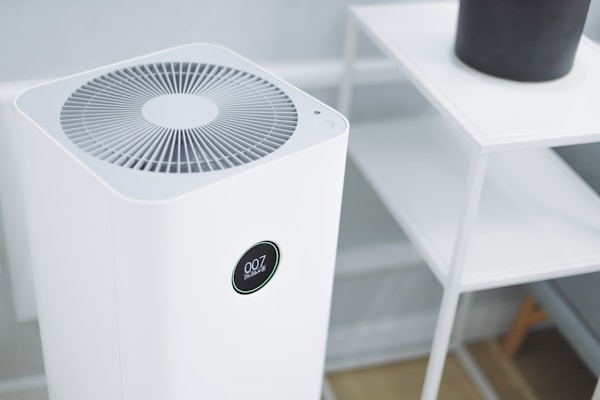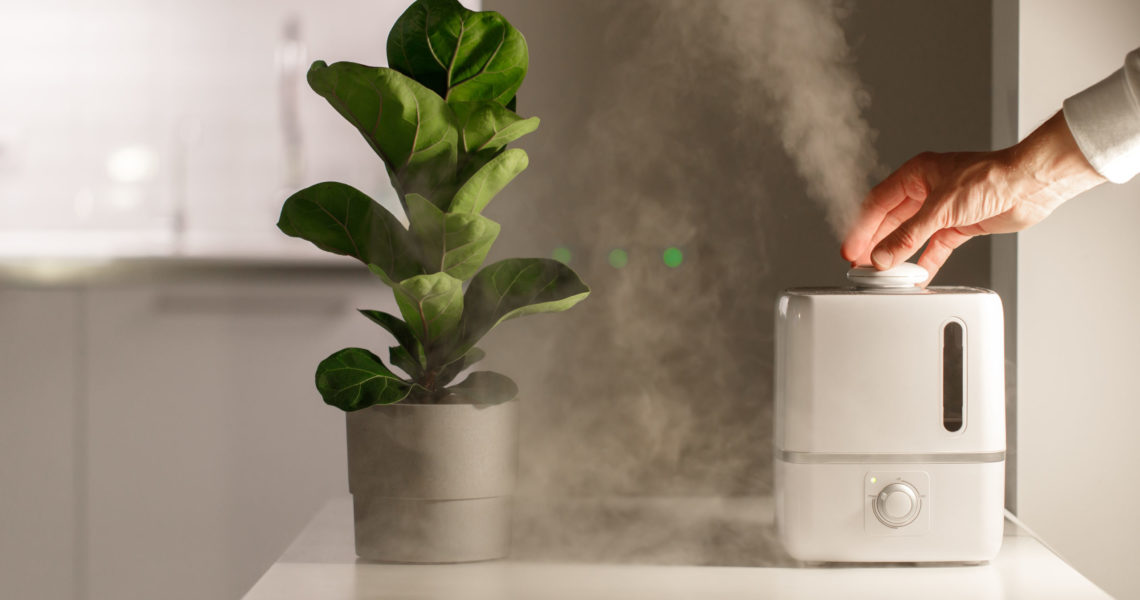For those who are unfamiliar, indoor air quality is a term that refers to the air quality within and around buildings and structures, especially as it relates to the health and comfort of building occupants. It can be affected by many factors, including gases (including carbon monoxide and radon), particulates, microbial contaminants (mold, bacteria), or any mass or energy stressor that can induce adverse health conditions. Many homeowners don’t think much about their indoor air quality, but they should, as it can have a major effect on your quality of life. If you’re in need of some advice, keep reading for some valuable tips for improving your home’s indoor air quality.
What are some tips for improving your home’s indoor air quality?

If you’re looking for ways to improve the air quality of your home, investing in an air purifier is a great way to start. An air purifier is a device that filters and cleans the air in your home, removing pollutants like dust, pollen, smoke, and other allergens. These devices can make a huge difference in the air quality of your home, helping you and your family breathe easier. Anyone who needs a recommendation on what air purifier to buy should check out Fairer Air, where you can learn about all of the top brands and models, as well as compare their features.
Regular maintenance of the HVAC system is essential in order to ensure that your home is free of contaminants and that the air quality remains healthy and comfortable. You should look for an HVAC company in your area that provides maintenance, repair, and replacement services, like AC Works 365. You can visit their website to learn more about their services and prices at https://www.acworks365.com. Experts recommend having your system inspected annually and having the filter changed at least once every three months.
You should avoid using products that contain volatile organic compounds (VOCs) as well. VOCs are released into the air when certain products are used and can be found in many household items. These compounds can cause indoor air pollution, so you should avoid using them if possible or stick to products that say they are low in VOCs and certified as low-emitting.
Why is it important to protect the quality of your indoor air?

Now that you know how to improve your home’s indoor air quality, let’s talk about why it’s necessary to protect the quality of your home’s indoor air. For example, it can have a meaningful effect on your health and safety at home. Indoor air pollution has been linked to several serious health conditions, including respiratory infections, coronary artery disease, emphysema, and even strokes. It can also exacerbate the symptoms of other respiratory conditions like asthma. These effects can be worse for children and the elderly.
When it comes to sleeping at night, indoor air quality is often overlooked. The effects of indoor air pollution on your ability to sleep can be quite serious. It can cause sleep disturbances, such as difficulty falling asleep and staying asleep. It can also cause respiratory problems, such as asthma and allergies, which can make it harder to breathe and eventually lead to sleep deprivation. Additionally, indoor air pollution can also cause headaches and irritability, both of which can make it hard to relax and get a good night’s rest.
As you can see, improving your home’s indoor air quality is required for keeping your family healthy and comfortable. Taking simple steps such as purchasing an air purifier, regularly cleaning and replacing filters, and avoiding the use of VOCs can make a huge difference in air quality and reduce the risk of air-borne illnesses. When left unattended, poor indoor air quality can affect everything from your allergies to your ability to fall asleep quickly at night. If you follow the tips in this article, you can be sure that you have a healthy home environment to relax in.
